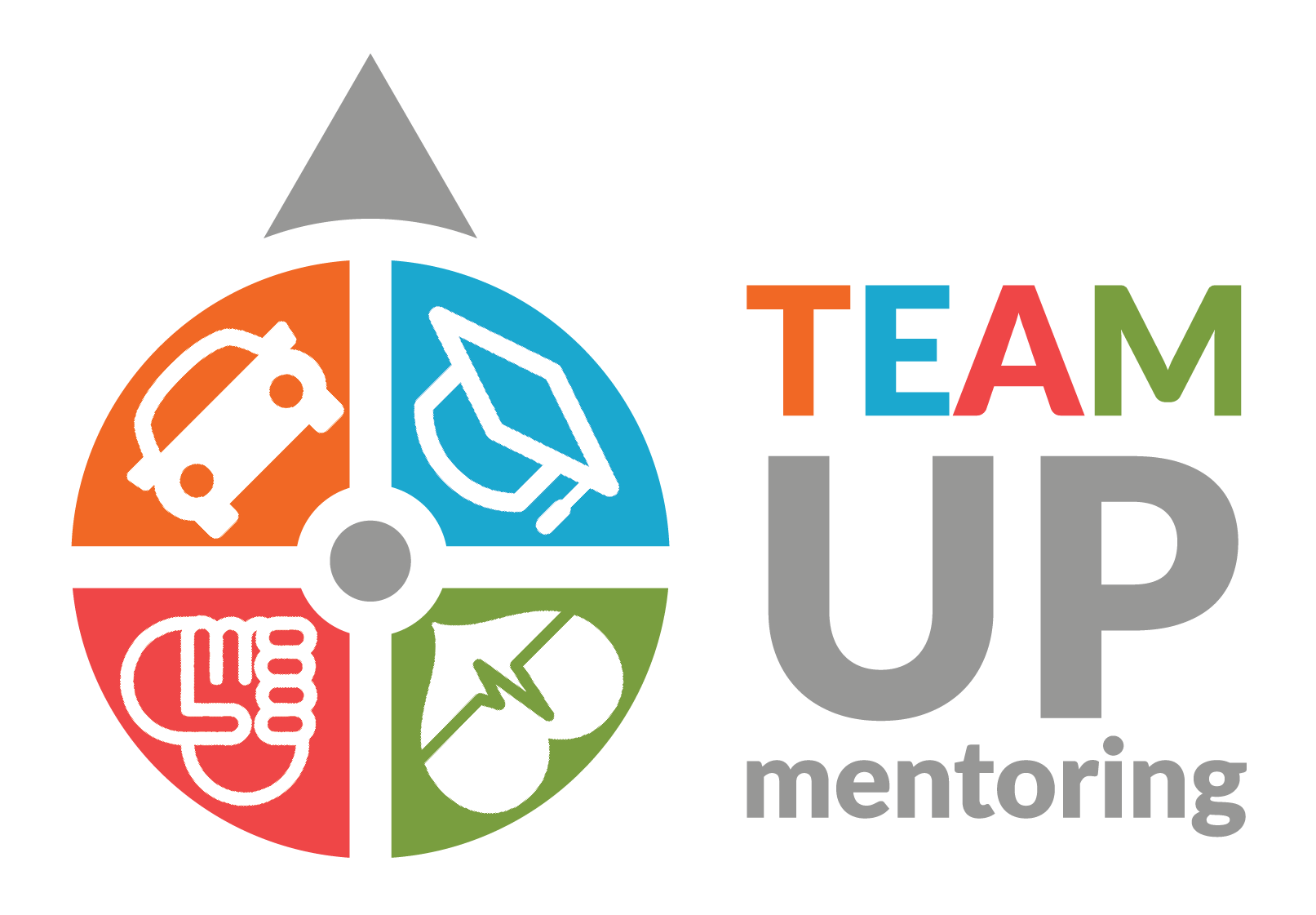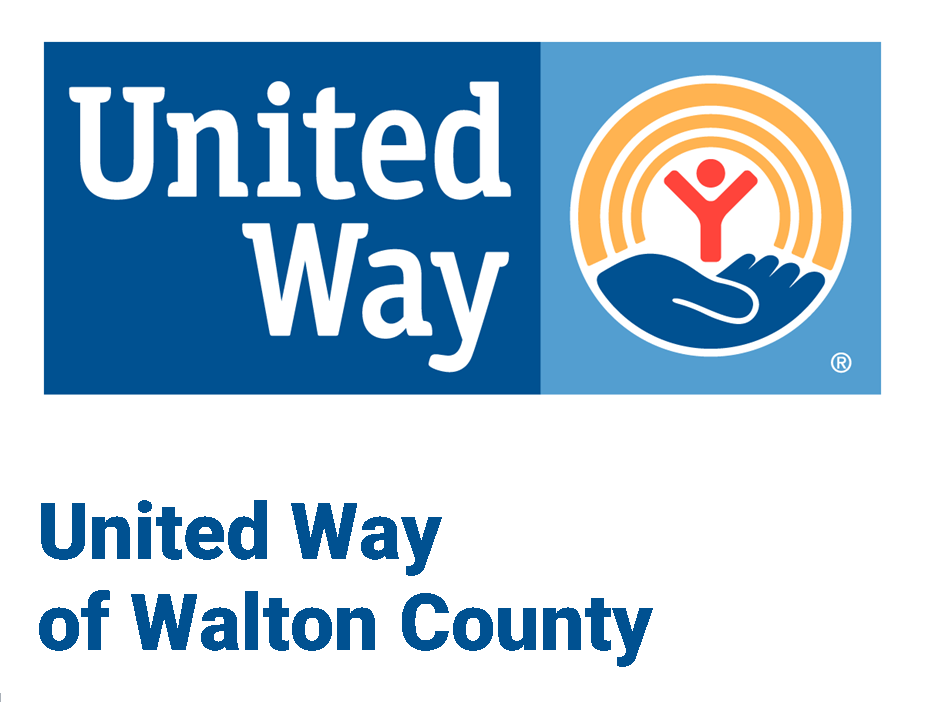Team Up FAQ
Your guide to Frequently Asked Questions.
Trauma
-
What are ACEs and how can I identify trauma in students?
You can learn more about Adverse Childhood Experiences (ACEs) by
clicking here.
Mentoring
-
How can I get involved at Team Up?
There are many ways to get involved at Team Up! Click here for more information on how to become a mentor, volunteer, provide a meal, donate, or become a sponsor!
-
How often does mentoring happen?
Mentors and students meet during the Spring and Fall school semesters on Tuesday and Thursday evenings.
-
What happens on a typical Team Up night?
Mentoring nights are focused on fostering relationships between our
students and their mentors. We do so by checking in with our students'
feelings, reviewing our social contract (rules that the students have set for
the semester), reading to improve literacy, working through life skills
curriculum, playing games, and closing out the night by having dinner
together.
Funding
-
What are your sources of funding?
Our funding is diverse, coming from grants, monthly donors, and events
such as our Magic Makers Gala and Storybook 5K. Additionally, we are
able to raise support by renting out our space for community events and hosting community trainings on trauma and resilience
Other Services
-
What else does Team Up do outside of mentoring?
Our goal is to facilitate generational change by providing empowerment,
education, mentoring, and wellness services. In addition to mentoring, we
assign each family to a case manager who schedules medical
appointments, enrolls families in counseling, assists with special
education and tutoring services, and transports students to appointments.
-
Do you work with families or just kids?
Team Up works with the whole family. Our Family Life Director, Aydee
Bailey, empowers our Team Up parents by helping them find sustainable jobs, connecting them to community resources, leading parenting groups
to support overall health and wellness, and much more!
Referral
-
How are clients referred to Team Up?
Most referrals to our program are by existing clients. We also have
referrals through local community partners like DFCS and the school
system.
-
Do you work with DFCS?
As mandated reporters, there are times that we do work with the Division
of Family & Child Services.
Organizational Structure
-
How long do kids stay in the program?
Our students typically stay with Team Up for 12 years. Our average
student joins the program between age 3 and 8 and stays until they
graduate from high school.
-
Do you work with teens, too?
We do! We have a Teen Leadership Academy for middle and high school
students and an Elementary Program for students age 3-10.
-
Do kids live on site?
Team Up is not a residential program. We work with students and their
families to foster resiliency through mentoring programs a couple times a
week and additional case management services.
-
Which counties do you serve?
Because of our holistic approach to serving our students and families, our
current capacity is working with clients in Walton County at this time.
-
How did Team Up start?
Team Up was started in 2006 by our Founder and Executive Director,
Anna Blount. You can lean more about Team Up’s history by clicking here



